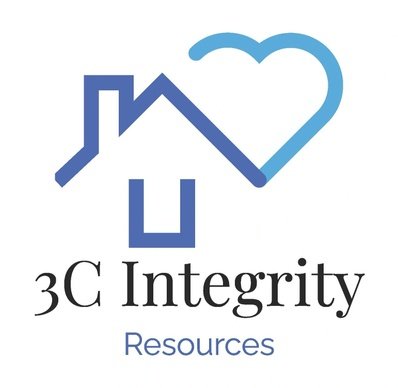Selecting a senior care facility is a significant decision that can greatly impact the quality of life for your loved one. Here are some key factors to consider to ensure you choose the best possible care environment.
1. Quality of Care
– Staff Qualifications: Ensure that the facility employs qualified, experienced, and caring staff. Look for certifications and ongoing training programs that keep the staff updated on best practices.
– Staff-to-Resident Ratio: A lower ratio often means more personalized attention and better care for each resident.
2. Reputation and Reviews
– Facility Ratings: Check online ratings and reviews from families and residents. Sites like Medicare.gov offer ratings for nursing homes.
– Accreditations: Look for accreditations from reputable organizations such as the Joint Commission or the Commission on Accreditation of Rehabilitation Facilities (CARF).
3. Range of Services
– Medical Services: Ensure that the facility offers the necessary medical services, including on-site medical professionals, medication management, and emergency response.
– Specialized Care: If your loved one has specific needs, such as dementia care or physical therapy, verify that the facility can provide these services.
4. Safety and Security
– Safety Measures: Check for safety features like handrails, emergency call systems, and non-slip flooring.
– Security: Ensure the facility has adequate security measures to protect residents, such as secure entrances and exits and surveillance systems.
5. Living Environment
– Cleanliness and Maintenance: Visit the facility to assess cleanliness and the overall condition of the buildings and grounds.
– Room Options: Consider the types of rooms available and whether they meet your loved one’s needs and preferences.
#### 6. **Activities and Social Engagement**
– **Activity Programs**: Look for a variety of activities that promote physical, mental, and social well-being. Activities should cater to different interests and abilities.
– **Community Atmosphere**: The facility should encourage social interaction and create a sense of community among residents.
7. Nutrition and Dining
– Meal Quality: Assess the quality of the meals provided, including nutritional value, variety, and taste.
– **Dietary Accommodations**: Ensure the facility can accommodate special dietary needs and preferences.
8. Location and Accessibility
– Proximity to Family: Consider how close the facility is to family members who will visit.
– Accessibility: Ensure the facility is accessible for those with mobility issues, including ramps and elevators.
9. Cost and Financial Considerations
– Cost Transparency: Make sure you understand the cost structure, including what is covered and what additional charges may apply.
– Financial Assistance: Inquire about any financial assistance programs, insurance coverage, and payment plans available.
10. Personal Visits and Tours
– Tour the Facility: Always tour the facility in person to get a true sense of the environment, staff, and overall atmosphere.
– Talk to Residents and Families: If possible, speak with current residents and their families to get firsthand insights into their experiences.
Choosing the right senior care facility involves careful research and consideration of various factors. By focusing on quality, reputation, services, safety, environment, activities, nutrition, location, cost, and personal impressions, you can make an informed decision that ensures your loved one receives the best possible care.
